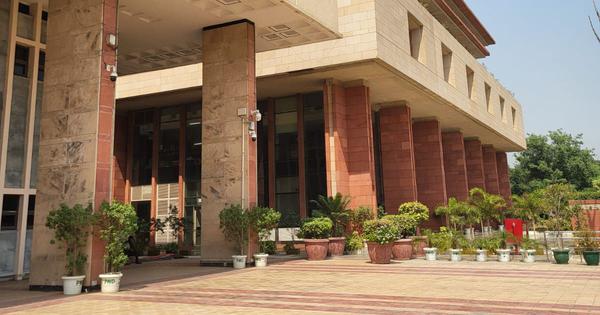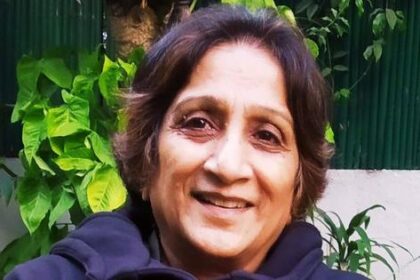Court ruling allows civil suits for damages in cases of marital interference by third parties.
The Delhi High Court recently ruled that a married individual has the right to file a civil suit seeking damages from a partner’s lover in cases of adultery. This legal decision is based on claims of intentional interference that leads to the dissolution of a marriage. In a ruling delivered on September 15, the bench led by Justice Purushaindra Kumar Kaurav explained the legal framework surrounding such cases.
The court’s order outlines that damages can be sought under the concept known as “alienation of affection,” a civil wrong that has its roots in Anglo-American common law. This principle allows a spouse to pursue monetary compensation from a third party accused of undermining their marriage or causing a loss of affection between partners. It is important to note that while this concept is recognized in other jurisdictions, it remains uncodified within Indian law.
According to the court, a spouse filing for damages must demonstrate “intentional and wrongful conduct” directed at disrupting the marital relationship. The ruling emphasizes the necessity for a clear causation that links the actions of the third party to the injury sustained by the petitioner. Furthermore, the loss claimed must be based on a rational assessment of the circumstances surrounding the case.
The court articulated that a spouse possesses a protectable interest in various aspects of their marital relationship, including companionship and intimacy. As such, it established that third parties have a legal obligation not to intentionally interfere with this relationship through actions designed to alienate one spouse from another.
However, the ruling also stipulates that damages cannot be sought if the actions of the unfaithful spouse are deemed to be “completely voluntary, not induced and uncoerced.” The court recognized that individuals have an inherent ability to make personal choices, which limits the liability of third parties in such cases.
The legal proceedings arose from a suit filed by a woman who sought Rs 4 crore in damages for alleged alienation of affection against her husband’s purported partner. This couple, who were married in 2012, faced marital issues culminating in the husband filing for divorce in 2023, citing grounds of cruelty.
This ruling sets a notable precedent in the context of marital law in India, potentially opening avenues for individuals facing similar situations to seek legal recourse against those perceived to have played a role in the deterioration of their marriage.








